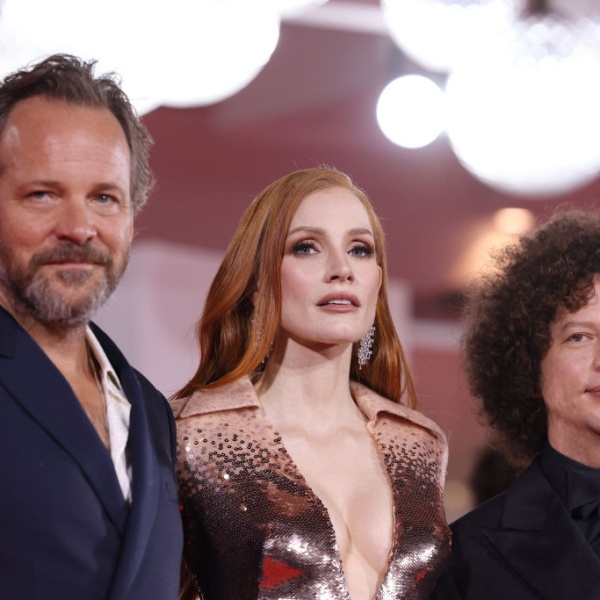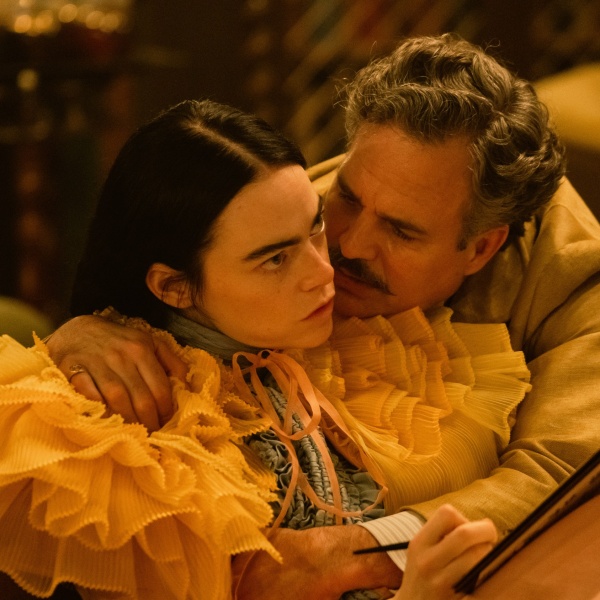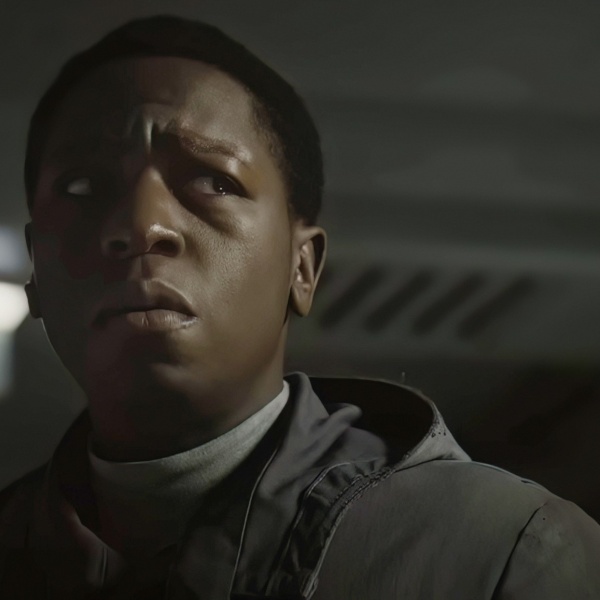
At some point between its initial release last summer and today, Todd Phillips‘ “The Hangover” has gone from being an alright, somewhat amateurish guys-night-out comic fantasy to, like, the funniest movie ever (it also, staggeringly, became the highest grossing R-rated comedy of all time). The fact that we can’t place a single noteworthy scene or memorable line, a little more than a year later, says something, especially because other things about the film still linger unhappily such as its somewhat slack pacing and icky misogynistic overtones.
Now the words “From the Director of ‘The Hangover’” carry a ridiculous amount of weighty importance both in Hollywood and the heartland, especially when those words are slapped on the poster and trailer to a movie that co-stars that film’s breakout star, Zach Galifianakis as well as some big-time movie star named Robert Downey Jr. “Due Date,” for a large portion of the movie-going public, is less a movie and more of an event, especially if they’re looking for fall-on-the-floor-laughing hilarity. Unfortunately for Warner Bros, lightning did not strike twice with “Due Date.” In fact, the meager pleasures afforded by “The Hangover” feel like colossal accomplishments compared to this limp, uninspired slush.

The set-up for “Due Date” is typical buddy comedy fluff: Robert Downey Jr. plays a successful (we assume, because he wears a tie) architect for no discernible reason besides, like marketing, architecture is a profession that most everyday folks have no complex understanding of, so its vagueness makes for a tidy narrative shortcut. Downey Jr. is headed back from Atlanta to Los Angeles, where his pregnant wife (played by his “Kiss Kiss Bang Bang” co-star Michelle Monaghan) is about to give birth. Completing the mismatched couple, Galifianakis plays a bumbling buffoon whose father just died and who wants to make it as an actor. After a catastrophic run-in at the airport, both men are mistaken for terrorists and thrown off of the plane. Since Downey Jr.’s wallet (containing money, identification and credit cards) is still on the airplane, he is forced to ride along with Galifianakis and his smash-faced, bat-eared dog.
Of course, Galifianakis is a nightmare in every way. He bombards Downey Jr. with questions and, as the movie inches along and the absurdity increases exponentially, he winds up doing things like falling asleep at the wheel and accidentally shooting his traveling companion. But the Galifianakis “character,” as a comedic foil, never quite sticks. He exists as a zany collection of bizarre and often profane non-sequiturs, but even his most genuine moments (like when he tearfully mourns the loss of his father in a truck stop bathroom) come off as feeling cheap and barely-there. The thematic connection between the two men (one who has just lost his father, the other who is about to become one) is virtually non-existent, despite the ripe material that could have been mined.
Downey Jr., too, seems like his character is a loose assemblage of character traits, most of which seem like an afterthought. He’s a man burdened by his own poor upbringing (his father left him as a child), but yet never expresses any doubts about his abilities to parent. He’s just determined to get home; that’s it. At some point pretty late in the movie, it’s revealed that he has a rage problem, but the moment comes across as phony and forced as Marty McFly’s never-mentioned-in-the-first-film short temper in “Back to the Future Part II.”
Still, it’s when Downey Jr. truly becomes unhinged that the movie feels, at least slightly dangerous and alive. Most of the film is so boxed in — by the physical space of the car, by the stodgy buddy comedy/road trip conventions it doggedly adheres to, by a check-list of R-rated comedy “to-dos” that feel less spontaneous and more rigid as the movie rolls along (dog doing gross thing, extended drug sequence, etc) — that when Downey Jr. flashes his fangs, you jump back and hunger for more. These are real (and sadly fleeting) moments that remind us of just how gifted a comedic talent Downey Jr. can be when he really lets loose.
However, back to the bad: the aforementioned misogyny of “The Hangover” curdles into something deeper in “Due Date.” While the female characters were either nagging, bitchy wives or prostitutes in “The Hangover,” “Due Date” compounds the problem. Since the women are afforded such little screen time, it’s left to the way men talk about them to provide any dimension. Juliette Lewis reprises her role from “Old School” as the horny Heidi who is now a pot dealer, and the rest of the time Monaghan is seen on the opposite end of the phone (unlike Ryan Reynolds in “Buried,” Downey Jr.’s Blackberry battery is seemingly limitless). At some point, for no apparent reason (besides the movie’s complete lack of tension), the idea that she has been sleeping with Downey Jr.’s best friend (played, gamely, by Jamie Foxx) appears. It seems like a bad move for a number of reasons, chief among them the fact that she isn’t given the screen time to defend herself, which seems even more grievous because Galifianakis spends the rest of the movie trying to prove the theory’s validity. It’s bad enough that the lone female role is literally barefoot and pregnant in cut-aways, but she’s also got to be called a lying whore by one half of the movie’s central odd couple.
In the film’s third act it veers dangerous close to “action comedy” territory, a genre that requires a firm hand and a gifted touch when it comes to balancing the tonal requirements of such a shift (not to mention the dexterous cinematic skills to film the stuff). It’s during these sequences that Phillips’ lack of skill and nuance becomes even more glaringly apparent. Throughout the movie he falls back on the things that made “The Hangover” feel flat. He often mistakes wrapping a well-placed pop song in music video-style cutting, for an actual editorial technique and lacks a knack for comedic pacing. Often times the movie will just hammock, with (again) a pop song and a montage of roadside views. When the movie switches to “action comedy” mode, things get even stickier; logic, for one thing, goes out the window and the pacing becomes even more scattered. As the movie becomes more antic, it also becomes more boring and trite.
By the film’s conclusion, what should feel like a well-earned friendship that is coupled with a zingy, cathartic emotional upswing, feels just as jokey and fake as the rest of the movie. (The fact that none of the four credited screenwriters, and the undoubtedly shrouded identity of scores more, couldn’t iron this out, is unfathomable.) At the screening we attended, the first few rows of the screening room were filled with college-aged kids. We were listening; they weren’t laughing. Those kids, like most of America, wanted another irreverent, outrageous “Hangover” and they were disappointed when they didn’t get it. We were disappointed too, but for a whole bunch of different reasons altogether. [C-]




